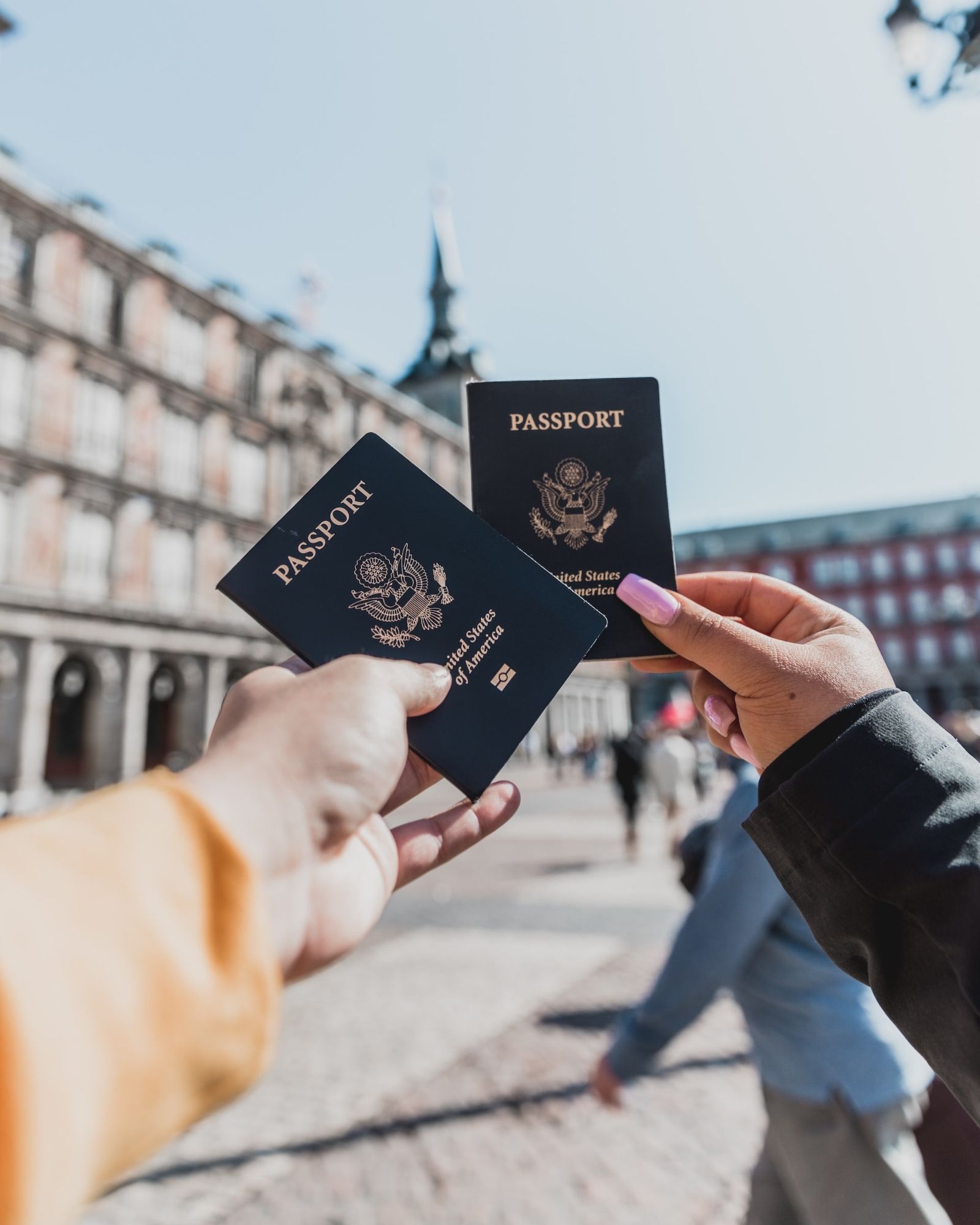Is Portugal The Best Country to Pursue A Dual Citizenship?
All You Need to Know About Dual Citizenship
Dual citizenship, also known as dual nationality or multiple citizenship, is when a person holds two or more citizenships or nationalities at the same time.
It can be acquired through birth and naturalization, and each country has its own laws and regulations for determining who can become a citizen.

There are many advantages to having dual nationality such as being able to travel freely between countries without needing visas, having access to social services in both countries, and potentially receiving tax benefits from both governments.
However, there are also some drawbacks such as being subject to the laws of both countries, needing to keep up with the immigration processes of both countries, and potential conflicts that arise if the laws of one country conflict with those of another.
How to Pursue My Dual Citizenship?
In order to acquire dual citizenship through naturalization, firstly an individual must apply for naturalization in one country.
Secondly, they must prove their eligibility by presenting documents such as proof of identity and residence.
Once approved, they will then need to take any necessary steps required by their new country, such as attending a ceremony or taking an oath of allegiance. Once complete they will then receive documentation confirming their new citizenship status.
Benefits
When choosing a country for dual citizenship, one should consider the potential benefit of being able to live in two different countries with different cultures and opportunities.
Dual citizenship can open up more job opportunities abroad which is especially helpful for those looking to travel or work overseas in their field of expertise.
In addition to this, individuals who have two passports could also enjoy access to better medical care and educational options in both countries simultaneously if applicable as well as receive tax relief or exemptions from both governments when filing taxes.
Are There Any Cons?
It should be noted that not all countries allow dual citizenship or recognize foreign citizenship, which means that obtaining dual citizenship could mean losing the rights you held in your previous country.
Additionally, some countries have restrictions on how long you can stay abroad before your citizenship is revoked so it’s important to keep this in mind when considering dual nationality options.
Overall dual citizenship is becoming increasingly common worldwide due to globalization making it easier for people from different backgrounds and cultures to share information and knowledge which helps bridge gaps between societies allowing them to better understand each other while still maintaining a sense of cultural identity.
And while there may be certain drawbacks associated with having dual nationalships these do not outweigh the potential benefits which make acquiring dual citizenship a viable option for many individuals looking to maximize their opportunities abroad.
It is important however that all potential immigrants research their respective home country’s regulations on foreign citizenships before initiating any process as not every country accepts dual nationalities or recognizes foreign citizenships which could mean losing certain rights or privileges held in the previous country.
How Many Citizenships Can Someone Have?
The answer to how many citizenships someone can have varies from country to country since countries have different dual citizenship rules.
Some countries allow individuals to hold multiple citizenships, while others do not recognize foreign citizenships and may revoke citizenship if the individual acquires foreign citizenship.
However, as of 2021, more than 50 countries allow dual citizenship (and even multiple), including Canada, the United States, and most European countries. According to the U.S. Department of State, some countries even allow up to five citizenships. In these cases, an individual may be able to obtain dual citizenship through birth in one country and naturalization in another.

It is important to note that while many countries accept dual or multiple citizenships, not all do and it is important for individuals looking into obtaining dual citizenship to research the laws of their respective home countries before initiating any process. Additionally, there could be potential conflicts between two or more countries laws which could create complications for those holding multiple citizenships so it's essential for those looking into the option of having more than one citizenship to be aware of what this means for them in terms of potential restrictions or consequences.
What Is The Best Country to Have Dual Citizenship?
The best country to have dual citizenship largely depends on the individual's needs and goals.
Generally, countries that accept multiple citizenships and recognize foreign citizenships offer the most benefits.
As mentioned before, according to the U.S. Department of State, some countries even allow up to five citizenships. Countries such as Canada, the United States, Germany, Portugal, France, and Italy are some of the most popular choices for multiple citizenships as they offer a wide range of benefits including access to public healthcare, education, social services, and tax relief. Some other countries worth considering are Sweden, Switzerland, Denmark, and Australia which also provide their citizens with a high standard of living.
Is Portugal A Good Country to Have Dual Citizenship?
Portugal is a great choice for dual citizenship since it allows for multiple citizenships and recognizes foreign citizenships. Portugal offers numerous benefits that come with dual citizenship, such as access to free public healthcare, education, and social services.
There are also many job opportunities available in Portugal with a high standard of living and excellent infrastructure. Furthermore, dual citizens will enjoy the freedom of traveling or working overseas without having to go through the process of obtaining visas, or temporary or permanent resident permits. Portugal is also rich in culture, art, food, and beautiful scenery making it an ideal place to live or visit. Additionally, those who have Portuguese nationality can benefit from EU rights such as freedom of movement within the Schengen Area and access to European educational institutions. All these factors make Portugal a great country to have dual citizenship.
If you want to start the process of pursuing your Portuguese citizenship, book a call with an expert!
